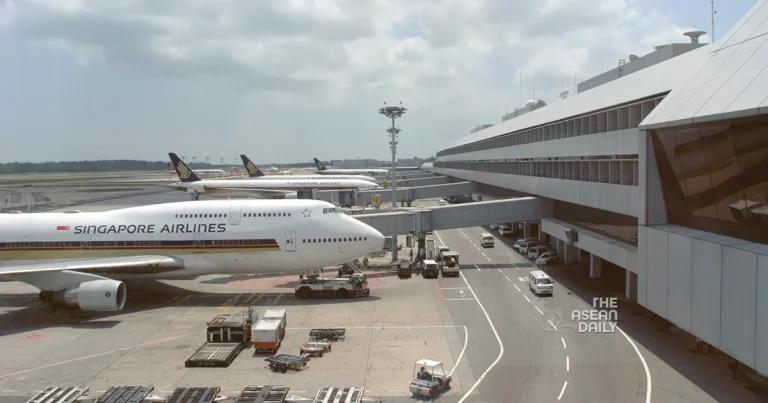19-2-2024 (SINGAPORE) In a groundbreaking move towards decarbonizing airline operations, flights departing from Singapore will be compelled to use sustainable aviation fuel starting in 2026. This initiative, part of Singapore’s sustainable air hub blueprint developed by the Civil Aviation Authority of Singapore (CAAS), was officially launched by Transport Minister Chee Hong Tat at the Changi Aviation Summit on Monday (Feb 19).
Passengers should anticipate an increase in airfare as a levy will be imposed on the purchase of sustainable aviation fuel, with the exact fee contingent on factors such as travel distance and class. Minister Chee announced a 1 per cent sustainable aviation fuel uplift target for 2026, with plans to raise it to between 3 and 5 per cent by 2030, depending on global developments and wider availability.
The move is seen as an essential step towards achieving Singapore’s goal of net-zero domestic and international aviation emissions by 2050. However, concerns have been raised about the impact on air travel costs, prompting CAAS to adopt a “fixed cost envelope approach” to provide cost certainty. The levy will remain constant, even if the actual price of sustainable aviation fuel differs from projections, ensuring a steady financial environment for airlines and travellers.
Sustainable aviation fuel, made from various sources including waste oil, fats, and non-food crops, is considered a “critical pathway” for decarbonizing aviation. While it can reduce carbon emissions by up to 80 per cent compared to conventional jet fuel, its adoption faces challenges due to higher costs. The current global supply of sustainable aviation fuel is less than 1 per cent of global jet fuel demand, necessitating a demand signal to stimulate production and meet net-zero goals by 2050.
The blueprint also outlines initiatives across three domains – airport, airline, and air traffic management – to achieve Singapore’s sustainability goals, including a 20 per cent reduction in domestic aviation emissions by 2030. CAAS plans to consult stakeholders and provide more details closer to the implementation date, emphasizing the need to balance sustainability and competitiveness for the long-term growth of Singapore’s air hub.




